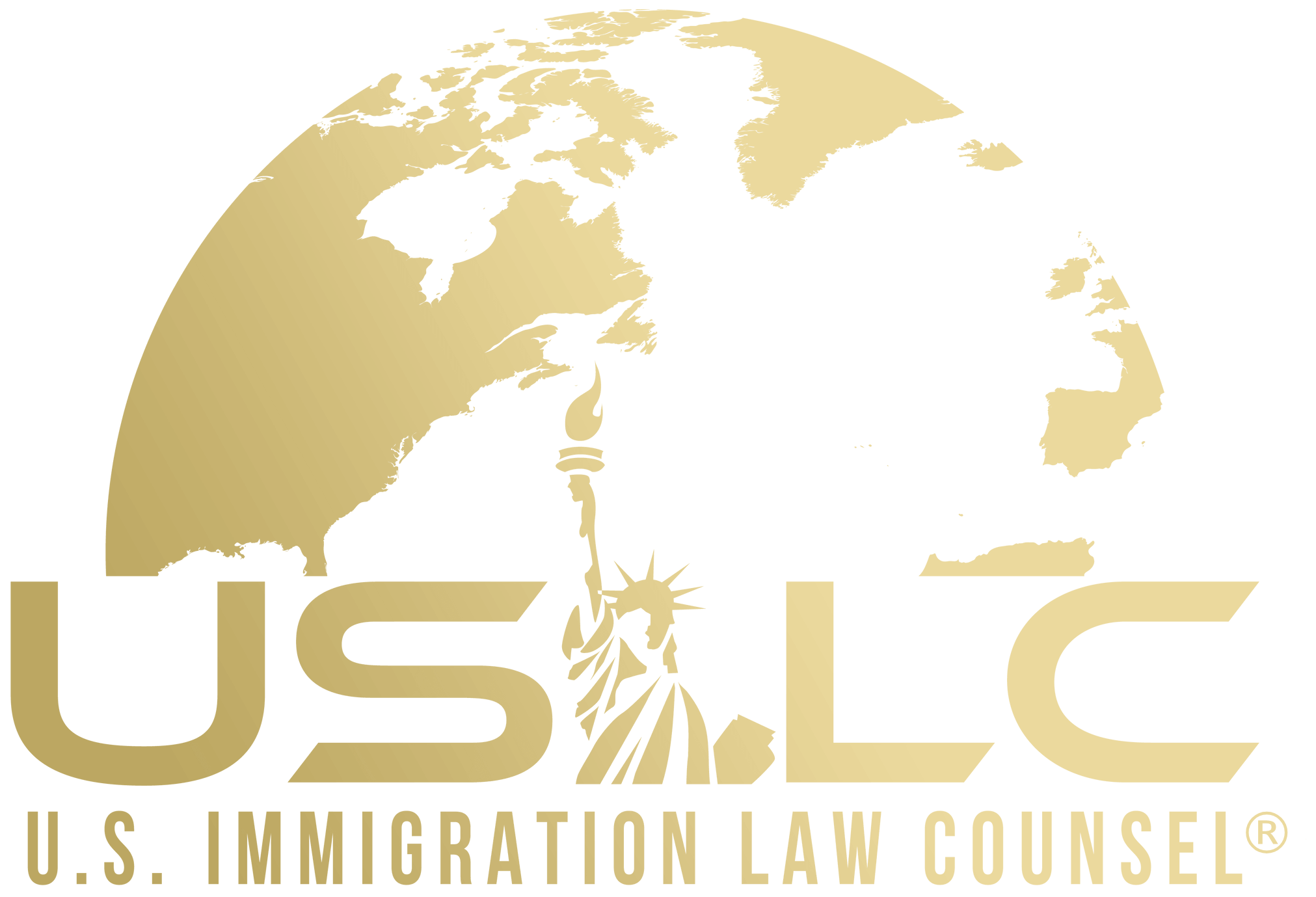US Visa Options
Navigating U.S. immigration options can be complex and confusing, so understanding the available visa categories is the first step toward making an informed decision.
Below, you’ll find a summary of key visa options, including eligibility requirements, duration, and application details to help you determine the best path forward.
E Visas (Treaty Traders & Investors)
Choosing the right visa is important for a smooth immigration process. Each visa type has specific requirements and benefits, so it’s essential to understand your options to determine which one is right for you.
If you need personalized guidance or have questions about your eligibility, our experienced immigration attorneys are here to help.
explore your options and take the next step toward your U.S. immigration journey.
Don’t know what service you may need? Contact us for help!
TELL US ABOUT YOUR CASE
An agent will respond within 24 hours.
All fields are required. U.S. Immigration Law Counsel® is a law firm. However, the use of the internet or this form for communication with us does not establish an attorney-client relationship. We will discuss your options with you.


